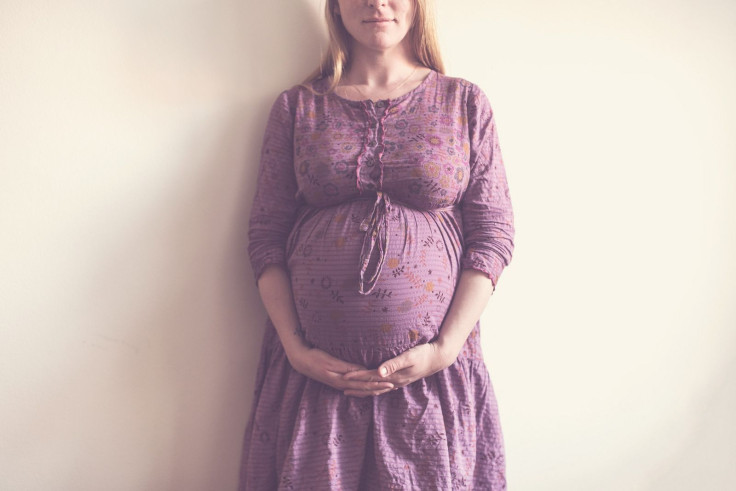Chronic Stress Early In Childhood For Women Could Cause Premature Birth Later On: Study

Excessive stress has a variety of different health repercussions, but researchers are finding that, for pregnant women, stress can affect the quality of life of their baby. In a new study, David Olson and a team of researchers from the University of Alberta’s Faculty of Medicine have found that chronic stress for women early in childhood can lead to preterm birth when they later become pregnant. Their findings are published in the journal BMC Medicine.
“Chronic stress is one of the better predictors of preterm birth,” says Olson, professor of obstetrics and gynecology at the University of Alberta in a recent press release. “In fact, if women are exposed to two or more adverse childhood experiences while growing up, their risk of preterm birth doubles.”
Working with Kathleen Hegadoren, professor of Nursing at U of A, and graduate student Inge Christiaens, Olson investigated how early stressful experiences can affect the duration of a woman’s pregnancy later on in life.
The study based its research off a statistic by the World Health Organization, which estimates that 15 million babes are born each year preterm. Preterm birth constitutes the largest cause of death for children under five, and those who do survive often have higher risks of developing health conditions like chronic lung disease, cardiovascular disease and metabolic diseases like Type 2 diabetes. The World Health Organization also found that preterm babies are at a higher risk of cognitive and behavioral issues.
For their study, researchers recruited over 200 women in Enmonton-area hospitals, one third of which delivered their children preterm, while the rest delivering their babies at term. Researchers then gave all participants questionnaires about early stressors that occurred within their lives to gain further insight into life experiences.
“All of the adverse childhood events that we asked about had to occur prior to the age of 18, and the average age of delivery in our study was 28 years,” Olson said. “These adverse childhood events occurred, on average, 10 years or more before the women actually delivered.”
Hegadoren noted that those who had experienced stress early in life carried that stress with them up until the present, suggesting the lasting effects of these events. “Although not inevitable, childhood adversity can result in long-term impacts on health across the lifespan, including pregnancy outcomes,” says Hegadoren. “Prenatal care providers need to ask pregnant women about past and current experiences that may have affected their health. In doing that, they can help women understand a potential link between life experiences and preterm birth risk.”
Though researchers have found cause to link early stress to chances of preterm birth later, they concede that further research needs to be done. Currently, they are exploring how the body can “remember” traumatic events from early in life in a manner that will affect health later on. Olson hypothesizes that stress early on can affect how genes are expressed later. Early studies he has come across, Olson notes, find evidence for this in preclinical models, but further research must be done with human participants.
Olson and Hegadoren are optimistic that further insight into stress’ link to preterm birth may provide an opportunity for early interventions that can prevent these sorts of problems before pregnancy.
“If we know who is at risk, we can begin to treat them before the end of their pregnancy – and hopefully they’ll have improved pregnancy outcomes,” Olson concludes.
Source: Christiaens I, Hegadoren K, Olson D. Adverse childhood experiences are associated with spontaneous preterm birth: a case–control study. BMC Medicine, 2015.
Published by Medicaldaily.com



























